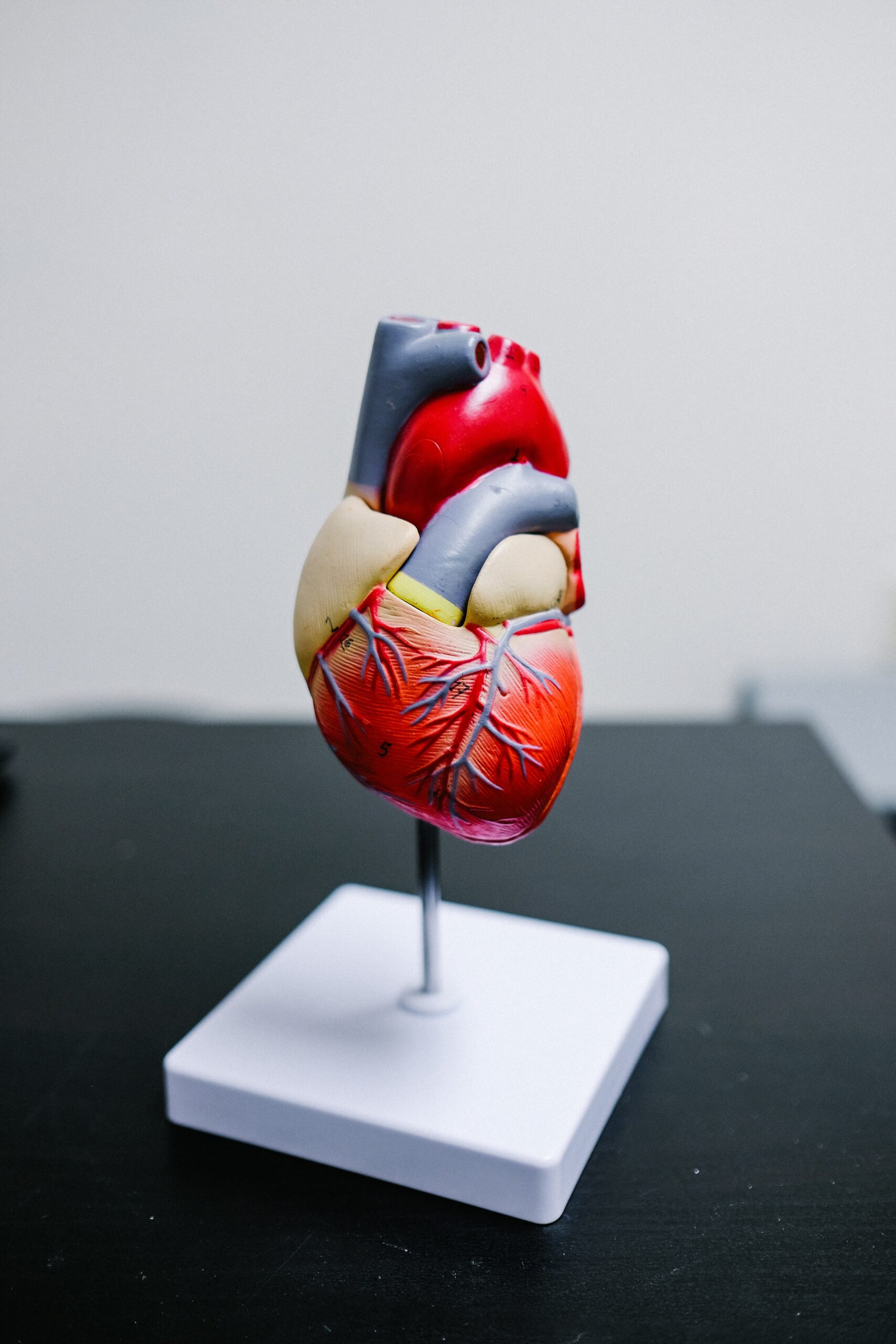 Blog
Blog The heart is a crucial piece of your body. It pumps blood throughout your veins and delivers much-needed oxygen to cells all over. Cardiovascular and circulatory system changes can be harmful to this vital system and lead to heart conditions. However, seniors can monitor their heart health at home and be proactive with the symptoms of heart diseases.
Always check up on your blood pressure to monitor a healthy heart. There are two types of measurements for blood pressure – systolic pressure and diastolic pressure. Systolic pressure is the pressure that occurs when the heart contracts. Diastolic pressure is the pressure that occurs before your heart contracts. Systolic pressure tends to be higher than diastolic pressure. Blood pressure should be around 120/80 mm Hg or less. To measure your blood pressure, invest in a blood pressure cuff and record your results either manually or with technology like certain smartphone apps that will track your findings for you. This will provide your doctor insight so that they can give you the best possible care.
Check your pulse often. Standard heart rates for seniors are 60 to 100 beats per minute (bpm). To check your pulse, feel the inside of your wrists, elbows, or the side of your neck and count the number of times you feel a beat for a period of one minute. You can purchase an electronic pulse monitor and place it around your wrist. Smartwatches like an Apple Watch or a Fitbit will track your heart rate throughout the day as well.
Regular exercise is a great way to get your heart healthy. With just 30 minutes of exercise a day, you can improve heart health. Try exercises like walking, yoga or swimming. Be mindful of your specific health needs so as to not put too much of a strain on your heart.
CareMax has 13 locations across South Florida and helps patients with primary care, specialty care, dental care, and optometry services. We believe in “Whole Person Health” and address not only your physical and medical needs but your mental and social needs as well. We gladly welcome patients with Medicare.